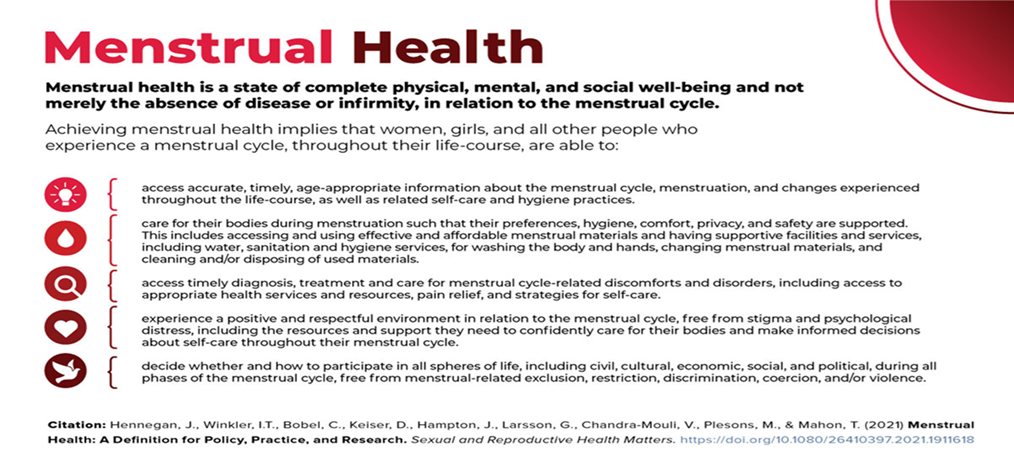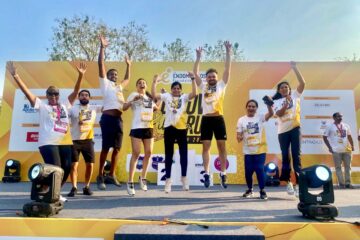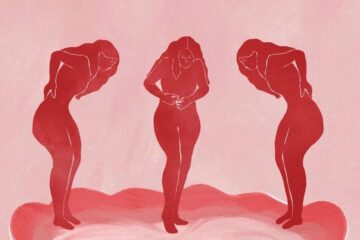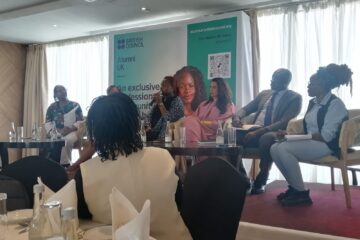When the menstrual health definition was broadened in 2021, I believe the intention was to be as inclusive as possible by recognizing menstrual health as a human rights issue. The last two clauses which speak to a positive environment and rights of uninhibited participation truly advocate for those that are differently abled. The clauses promote a positive and respectful environment that facilitates easy access to toilets for those using wheelchairs, brail resources for the blind, sign language for the deaf and medical assistants for those that are intellectually challenged. This definition acknowledges that the differently abled people in our society require structured support and resources to confidently care for their bodies and make informed decisions about self-care throughout their menstrual cycle. Their menstrual experience has to be free from menstrual-related exclusion in terms of resources, restriction in terms of access, discrimination in terms of sanitary product choice, coercion in terms of medical solutions and options for treatment of menstrual disorders and violence against them.
Unfortunately, despite all the awareness on menstrual health and particularly the focus on period poverty, not much attention has been given towards facilitation of menstrual health services to girls and women who are differently abled. From the clip above, you will note incidences of discrimination, exclusion and restriction on services. Reasons may range from inaccessibility of the facility using wheelchairs, lack of support personnel conversant with sign language, or with an understanding of those with special needs amongst others. Coupled with this, is that generally, menstruation remains a topic shrouded in stigma, shame and secrecy with little education and support. This makes it much harder to cope particularly for those that are differently abled.

According to Phillips-Howard Commentary in the Lancet (2022), there are challenges and difficulties faced by the app 110 – 190 million people with disabilities, including those with intellectual impairments many of whom rely on informal or formal care givers for assistance. From where we stand at Endo Sisters EA Foundation, we have felt that education on comprehensive menstrual health is one of the most critical aspects of empowerment for menstruators. The knowledge that explains what normal menstruation is, what menstrual disorders are, hygiene practices in menstruation, access to period products of choice and medical assistance where necessary in terms of medication for pain management etc, is an absolute gamechanger in period management. The earlier that comprehensive menstrual health education is provided, particularly in early adolescence, the better so that there is normalization on the conversation around menstruation, reduced stigma and secrecy. This stigma can only be removed by fostering discussions in the classroom from as early as possible to avoid millions of women suffering in silence for years with undiagnosed menstrual disorders. This education is also relevant for boys, men, parents, guardians and care givers in order to furnish them with the requisite knowledge to provide an effective support system for those experiencing menstrual health or menstrual related challenges. It will also help in dispelling stigma within communities and society in general.
To this extent, Endo Sisters lobbied the Ministry of Education through the Kenya Institute of Curriculum Development (KICD), to have the topic of menstrual disorders included in a subject for Grade 8 learners known as Health Education. The subject was successfully included but unfortunately during the rationalization of subjects from 14 to 9 for CBC grade 8 learners, Health Education as a subject was dropped. This inadvertently meant that the topic of menstrual disorders was also removed. Nonetheless, there is still light at the end of the tunnel as our book which is entitled “When Something is Wrong…Understanding Menstrual Disorders”, was approved by KICD for use in schools as supplementary text book. This is a book that not only explains menstruation but also articulates what abnormal menstruation and goes into detail to discuss menstrual disorders and related conditions such as endometriosis and adenomyosis. The book is written in a conversational manner and is designed to be easily understood by those from the age groups of 12/13 years of age. It is also a great resource for care givers for those with special needs and those that are differently abled so that they are equipped in providing the right support and with the right knowledge. For greater reach, we have also developed a mini guide booklet on menstrual disorders that can be distributed to schools, youth, women groups and communities.
In addition, we have our #YellowNailsMovement Campaign on endometriosis awareness and advocacy. Under this campaign we run a support group for girls and women living with endometriosis and have associated resources which are a book entitled “Demystifying Endometriosis” as well as a “Facilitators guide on Demystifying Endometriosis”.
With resources such as these, there is indeed hope for those in need of menstrual health education, to enhance their knowledge and be empowered to self-advocate, seek medical intervention when necessary to live a productive, quality life in dignity no matter the menstrual difficulties nor disability challenges faced.


